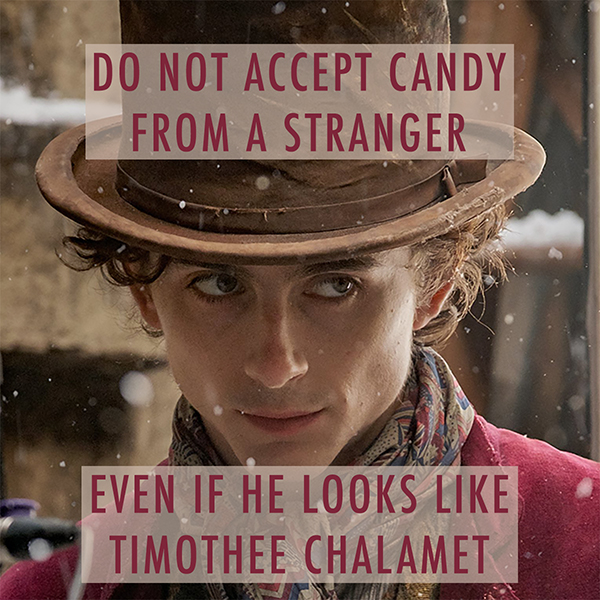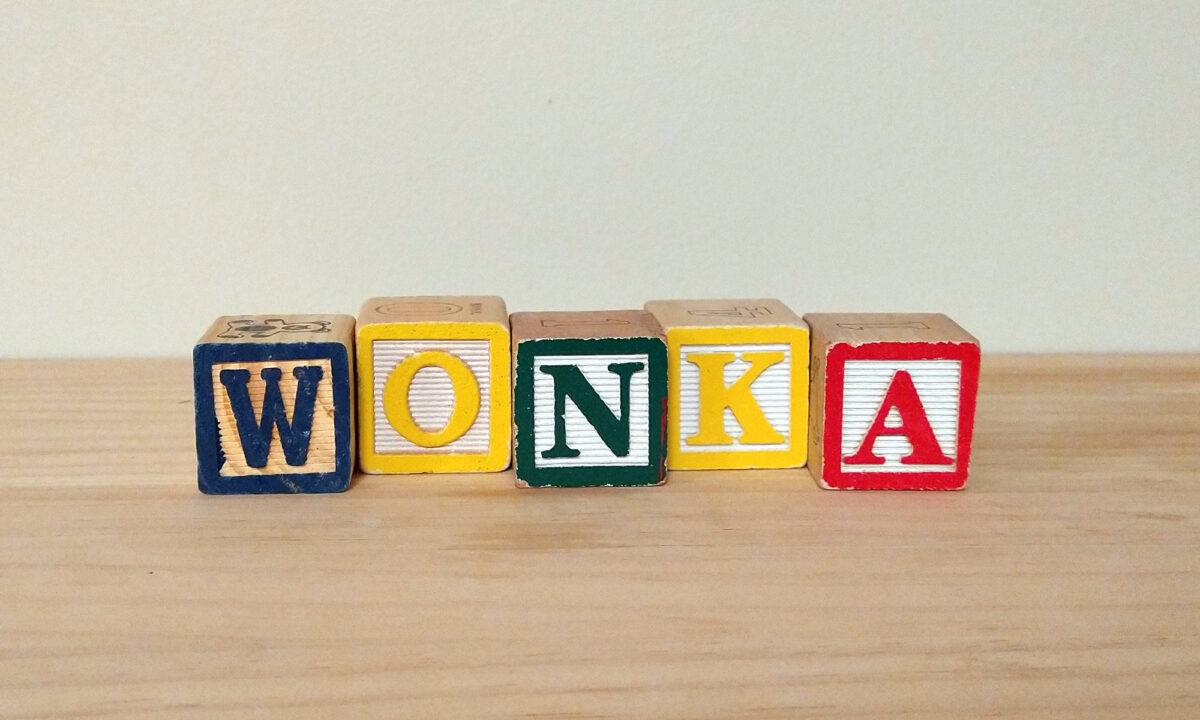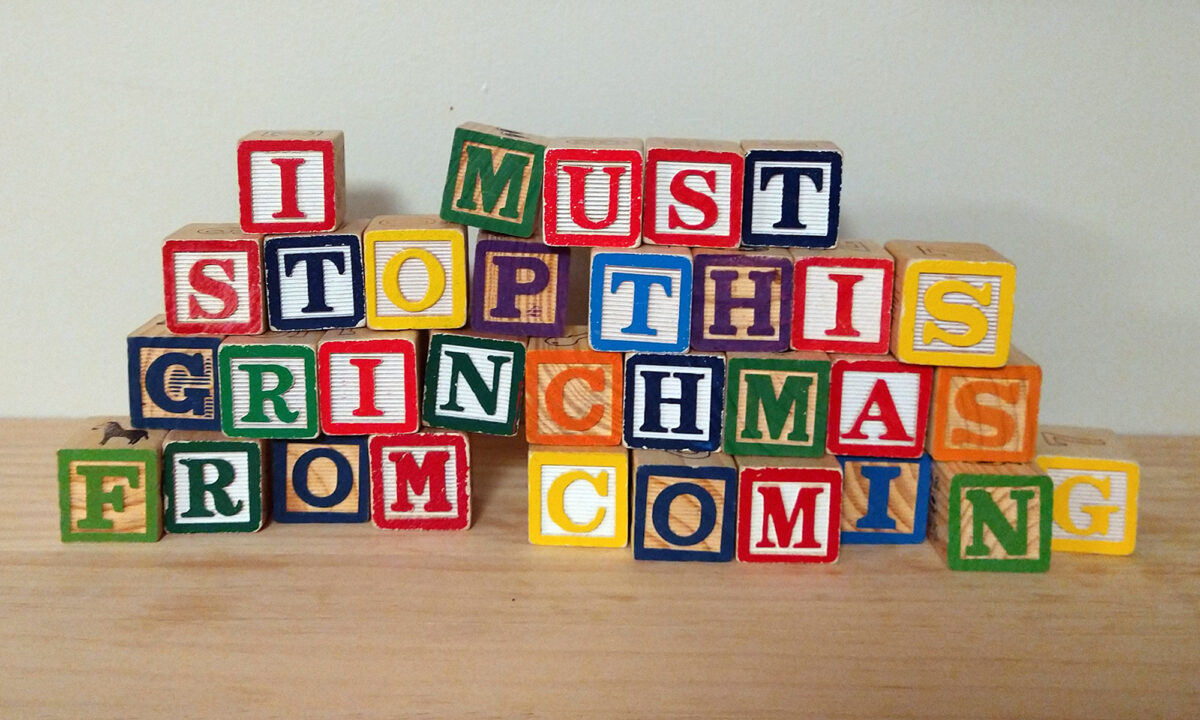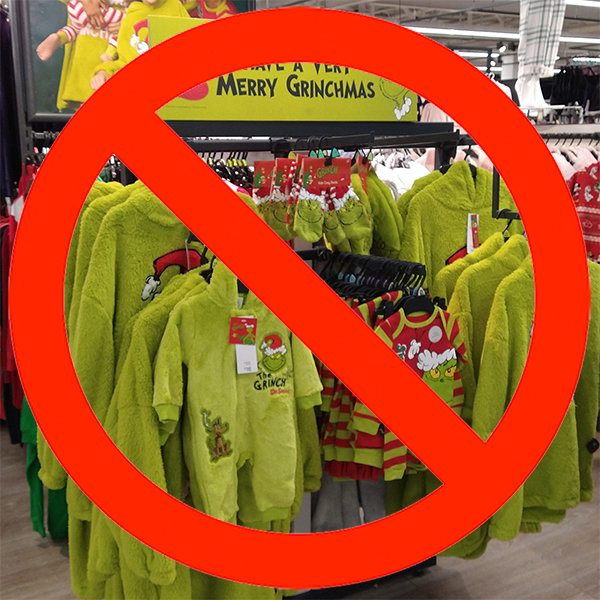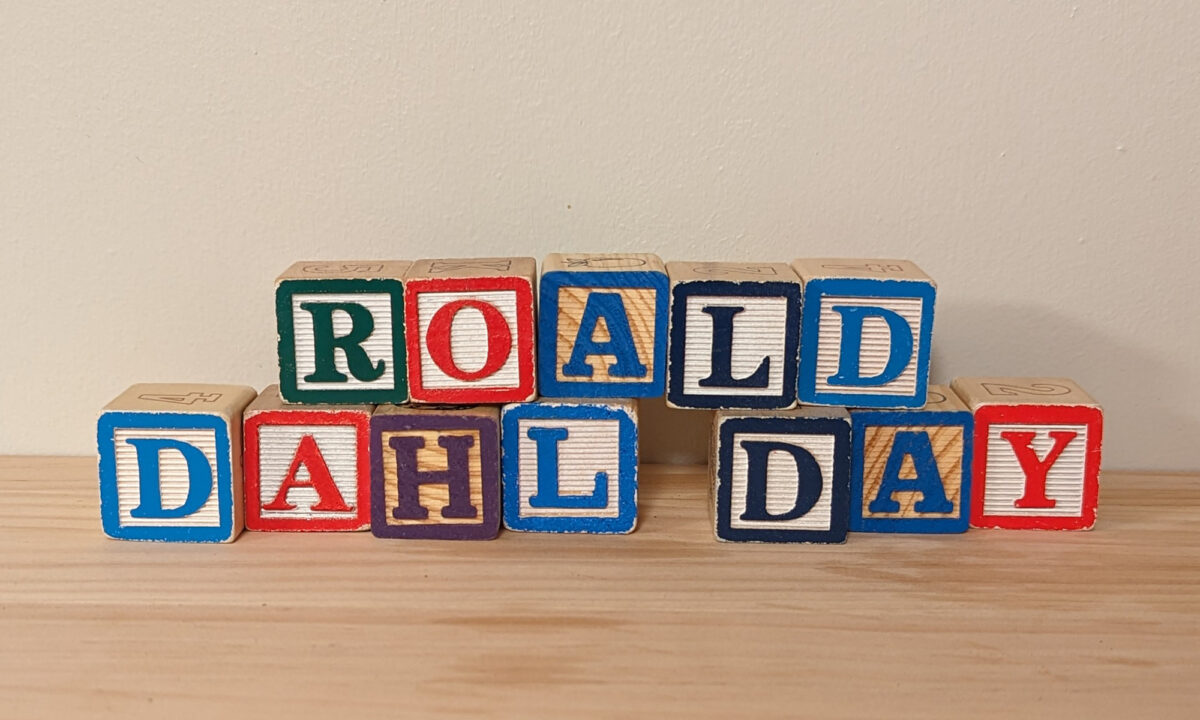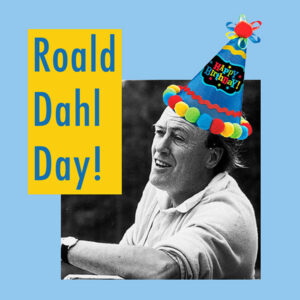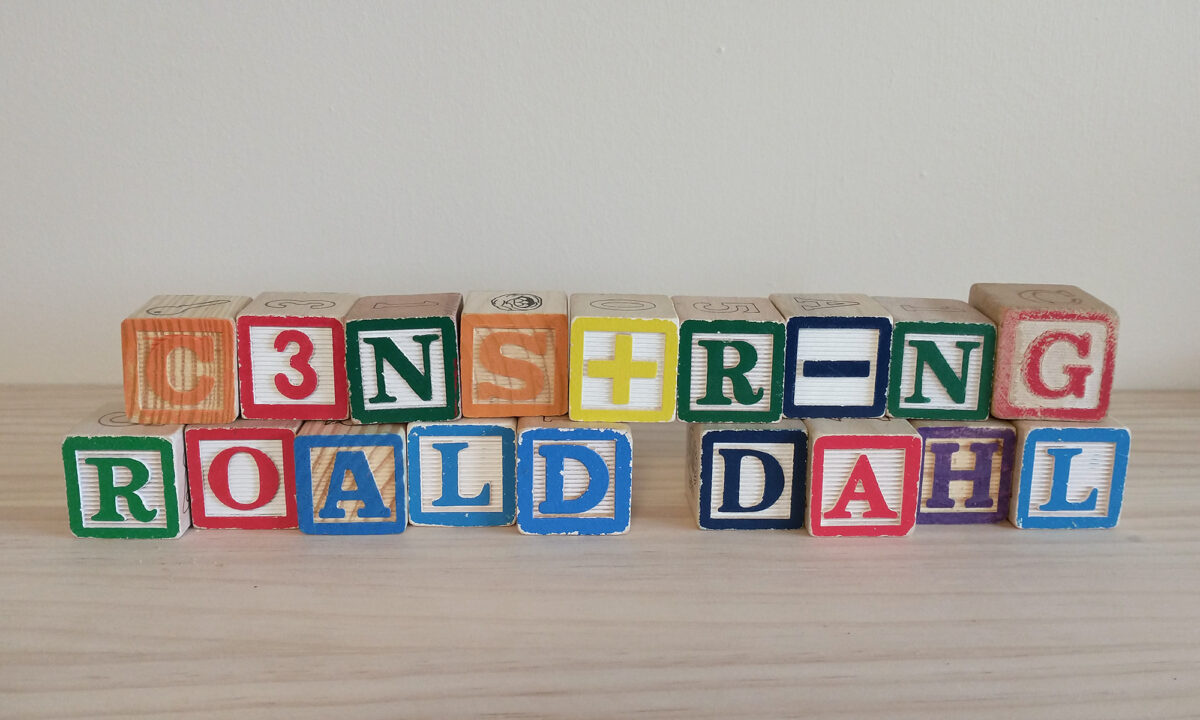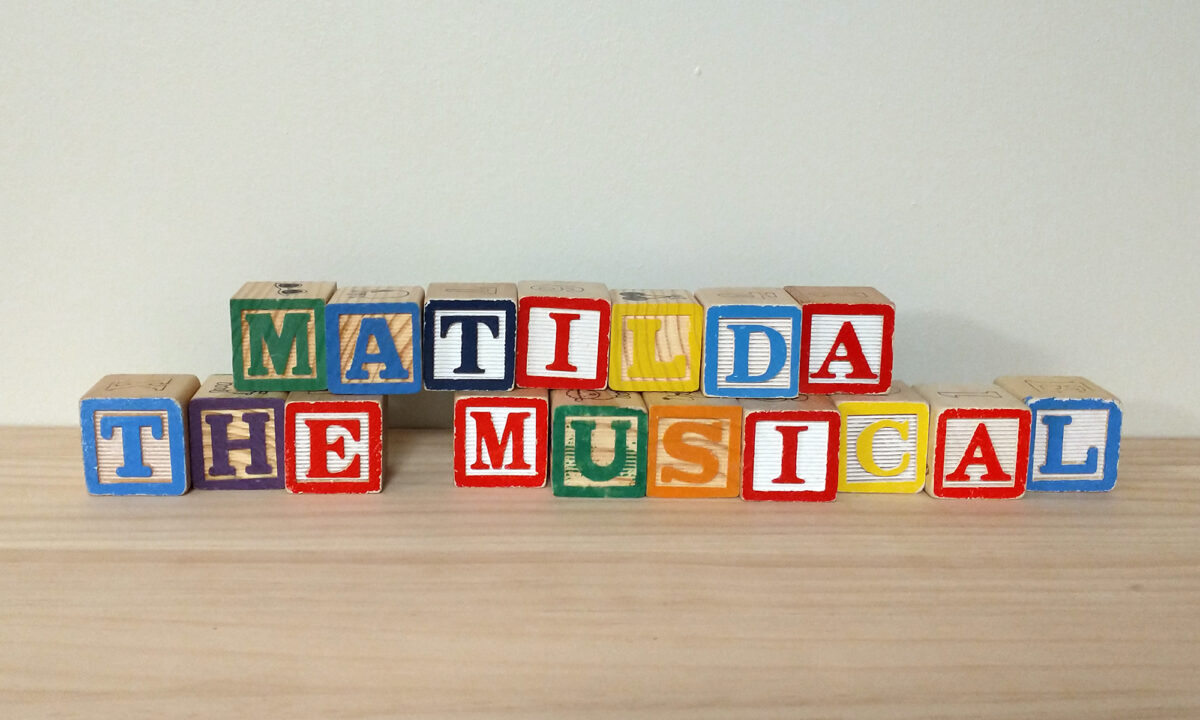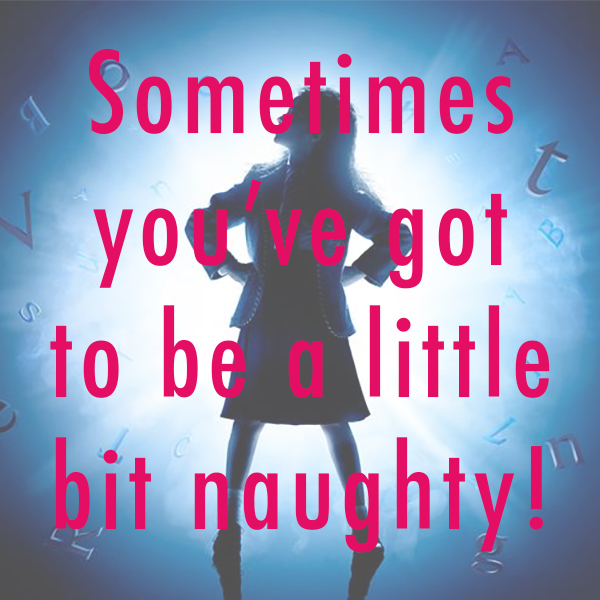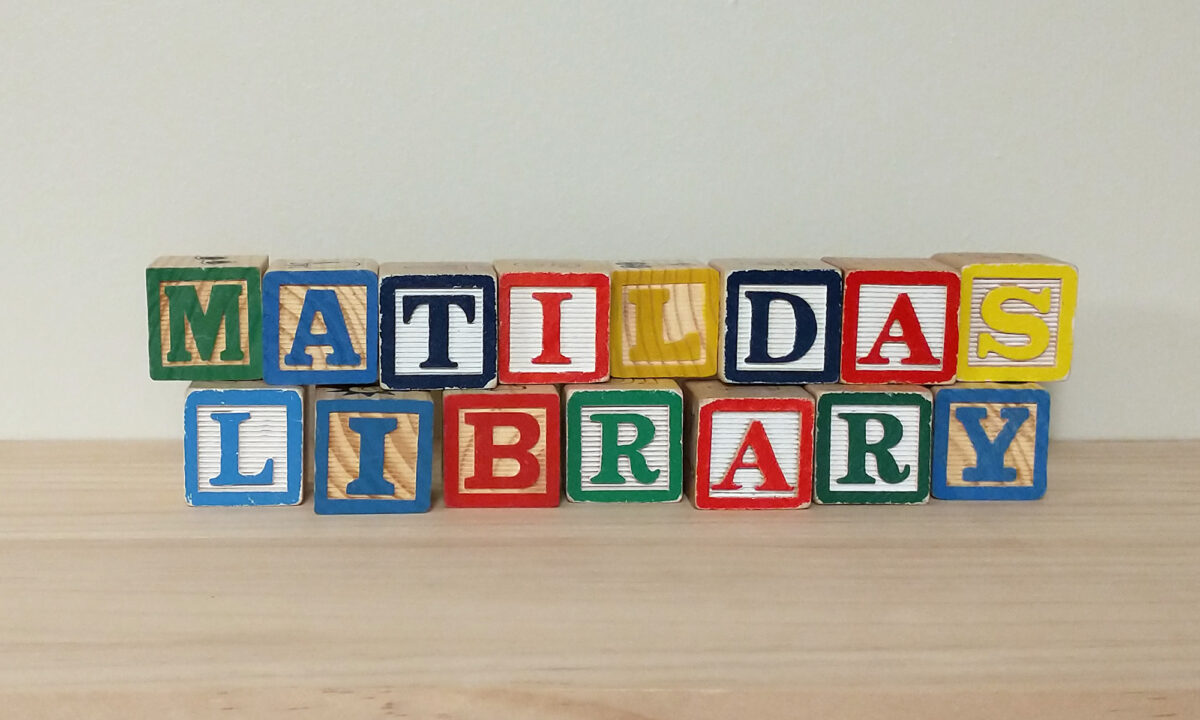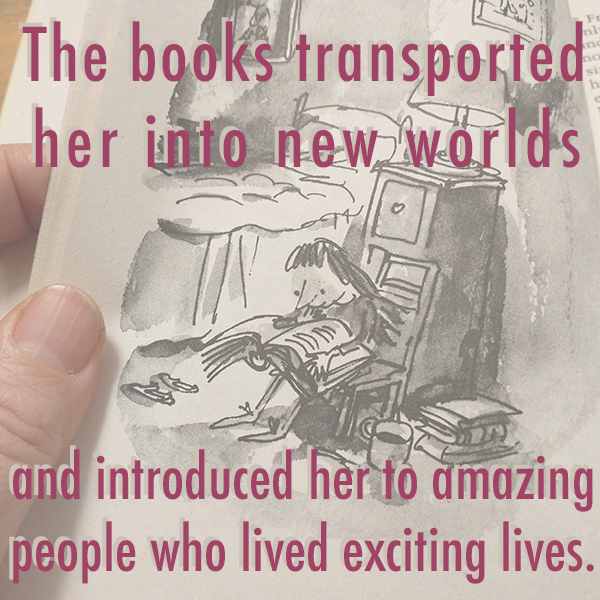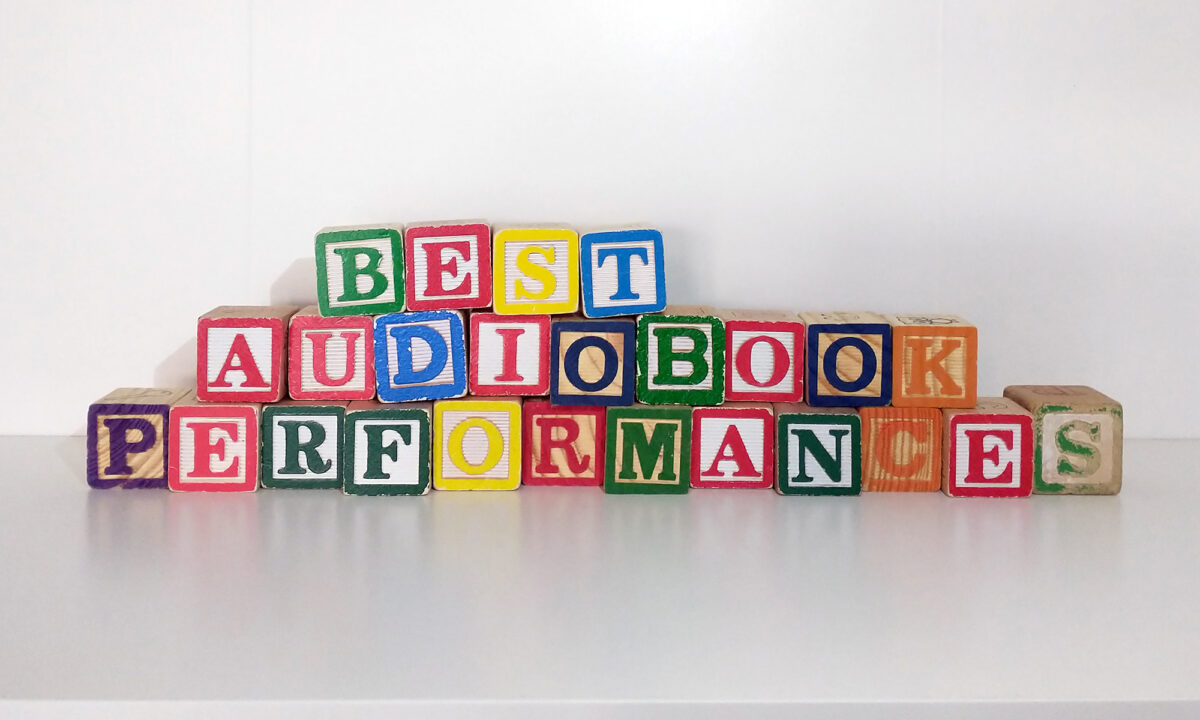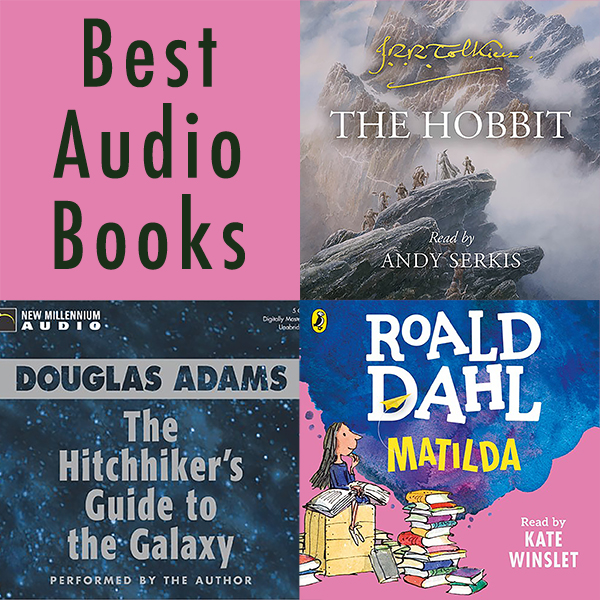The works of Roald Dahl are being rewritten by Inclusive Minds at the request of Puffin Books and the Roald Dahl Story Company. Anything deemed offensive by modern-day censors is being deleted or altered, and entirely new writing is being added. In this episode, I explain how modifying Dahl’s writing results in a damaged, adulterated story, as well as give examples of how challenging texts can be adapted for younger writers in a way that is respectful and true to the author’s original work.
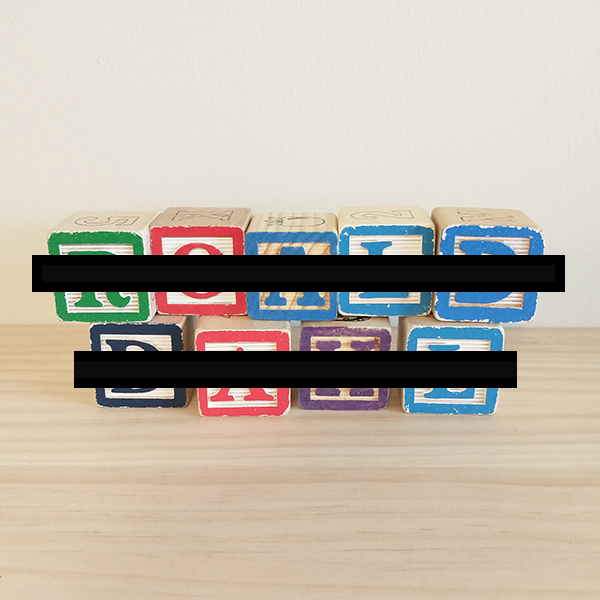
I try to keep this show far away from politics and can rarely be compelled to go anywhere near the culture wars, but my conscience wouldn’t let me remain silent while an act of literary vandalism was going on. I’ve included a transcript of this episode here because it’s important to me to be clear about how I feel about censorship and artistic integrity.
Transcript of The Children’s Literature Podcast
Episode 59
“Censoring Roald Dahl”
20 February 2023
This episode of the Children’s Literature Podcast is brought to you by a long, exasperated sigh.
Welcome to the Children’s Literature Podcast. I’m your host, T.Q. Townsend. This episode is called “Censoring Roald Dahl.”
So I had this nice little episode all ready for you about “The Nightingale” by Hans Christian Andersen. It’s a really lovely story about not losing sight of the beauty of nature and the value of personal relationships even if you’re being dazzled by amazing new technology, but I had to put it on hold for a week. I had to stop everything and write this episode about what Puffin Books have chosen to do to the books of Roald Dahl.
I find politics exhausting. I avoid culture war battles like the plague because they are never productive, they never seem to change anyone’s mind, and they tend just to make people think that having a difference of opinion makes it justifiable to hate someone. Living happily in my world of children’s stories, I mostly get to avoid all that. Children’s literature is magical because it is about characters and adventures that are usually blissfully unaware of adult nonsense. I intentionally keep this show G-rated and have, on several occasions, chosen not to do episodes which might have been good for ratings but wouldn’t have been good for my soul.
At the same time, my conscience won’t allow me to let this pass without offering some comments and a plea. Puffin Books has chosen to hire a company called Inclusive Minds to extensively edit the works of Roald Dahl. They have banished words like “fat” and “female” because these are apparently the new F words. The BFG is not allowed to wear a black cloak, and nobody is allowed to turn white with fear. I don’t understand what the problem is with either of these things, but it’s probably something something something . . . racism? In The Witches, an undercover witch is no longer working in a supermarket but is now a top scientist because something something something . . . women in STEM? “Boys and girls” have been expunged in favor of the word “children,” and Oompa Loompas are now gender neutral. I won’t bother listing every change because I don’t need high blood pressure and it would take too long, but there’s plenty of reporting on it now that the story has broken so you can read as much as you can tolerate. Puffin and Inclusive Minds are making the kind of ham-handed, tedious changes that prompt YouTubers to scream about how wokeness is destroying everything, and for blue-haired people on Twitter to start calling everyone bigots. It’s tedious and frustrating and it is no fun to talk about at all.
But we have to, because this cultural moment is out of control and it’s going to affect our children and the integrity of art.
The people who are vandalizing Roald Dahl’s books probably believe that they are doing a good thing that will protect children from harm. Anyone who ever burned a book, censored a piece of art, or put someone on a list of malefactors genuinely believed in the virtue of what they were doing. So you can’t rely on good intentions when it comes to deciding what should and shouldn’t be censored.
It is all too easy to find examples of dogmatic zealots who were guided by the idea that if they didn’t like something, then nobody else should be allowed to like it either. Anyone who disagrees is guilty of impure thoughts and they must be bullied into accepting the new orthodoxy. Book burnings were a regular feature in China during the Cultural Revolution, Germany during the reign of the Nazis, and in Russia during the Soviet Years. Book burning has even happened in western democracies. When Harry Potter books were first published, they were set ablaze by nuts who claimed to be Christians, and today they are burned by nuts who claim to be enlightened.
Puffin books is claiming that the rewriting of Dahl’s books is being done so that they “can continue to be enjoyed by all today.” Except nobody ever stopped enjoying them. Puffin’s statement either implies that people stopped enjoying the books because they have so many naughty ideas in them, which is false, or that people with good morals will want them to be sanitized, which is offensive to readers who think there is value to engaging with complicated stories by complicated people.
When changes are made to books for artistic reasons, that’s editing. When changes are made to books for ideological reasons, that’s censorship and the result is lousy stories. Here’s an example of this artistic adulteration in action. The good people at Inclusive Minds have banished the word “female.” In the novel Matilda, Miss Trunchbull is now no longer a “most formidable female” but a “most formidable woman.” This is a very small change. You might think it doesn’t matter and it oh-so-sensitively expunges a word associated with biology, which is no longer trendy, in favor of a word that is associated with identity politics, which is very trendy. But listen to the difference. “Most formidable female.” “Most formidable woman.” The original, unaltered, alliterative version sounds better. It has a reflexive quality to it. The sounds in “most” and “form” are dominated by the large, strong sounds of the letters O and M. Then the alliterative F sound moves in – “formidable female.” The second version starts off the same way but runs headlong into the word “woman” which has no matching vowel sounds and is slowed down by the sound of the letter W. The first version was better. It has rhythm and moves more quickly. It was an intentional artistic choice made by Roald Dahl. Altering it is like taking a razor blade and putting a single scratch on a beautiful painting. One nick won’t ruin the picture, but when you add up all the tiny mutilations, the overall effect will be catastrophic.
There can be examples of art which have been modified in a way that doesn’t result in vandalism. When Andy Weir’s novel The Martian became an instant smash hit, the author was told by many teachers that they would have loved to recommend the book to their students, but there is just too much bleepity-bleeping swearing in the book. I loved The Martian. It’s a finely crafted survival narrative that incorporates real science in a way that is accessible and gripping. But I agree with the criticism that there’s too much swearing. Some of it’s funny, but it’s also one of the least realistic parts of the book. NASA astronauts are unfailingly professional, and I don’t think they would curse on official communications, even if they were stranded on Mars. But it’s Andy Weir’s book and that’s how he wrote it, and I still really like it despite this minor flaw.
But I also wouldn’t recommend the original version to be read in class because of the swearing. It’s not that I think tender teenage ears can’t handle dirty words – I know what kind of language kids use outside class. Rather it’s that – and listeners who are teachers will be nodding along here – keeping students on task is hard enough without help from a book that gives them an excuse to be potty mouths in class. The original text of The Martian would give that student – you know the kid I mean – just the excuse needed to disrupt class by “faithfully quoting” lines with bad words. So Andy Weir did something really helpful, clever, and profitable. He put out a “young readers” edition that removed all the F-bombs. Some mild language still remains, but that’s not going to destroy fifth period English with rowdy giggling if it’s read out loud. The Martian is a book that can get teenagers stoked about space travel, reading, and even botany. The original author supervised and approved the changes, so the Young Readers Edition of The Martian should get a thumbs up from those of us who care about the integrity of art.
This is quite different from the censorship of people like Thomas Bowdler, who came out with editions of The Family Shakespeare in 1807 and 1818. Bowdler wanted to rewrite the works of the greatest author in the English language so they wouldn’t offend the delicate sensibilities of young ladies with their naughty references to S-E-X. The prudish changes break the poetic flow of some scenes, and they alter Shakespeare’s language for bad reasons. If a play isn’t appropriate for children, don’t read it to children and don’t take them to the theater to see it. Great works of art are worth the wait. Othello isn’t a play that should be seen by kindergarteners, but it will still be there waiting for them when they are seventeen.
This isn’t to say that Shakespeare can’t be adapted or edited down. Some of his plays are really, really, really long. A community theater group may not be able to present all seventeen hours of Hamlet. I’ve seen many Shakespeare productions that were skillfully trimmed down so that they weren’t too long for casual viewers or too difficult for a small theater company to stage. It’s also possible to faithfully condense Shakespeare stories for a young audience in a way that isn’t harmful to the original versions. On the bookshelf in my living room is a spectacular collection of fifteen slim books by Andrew Matthews and Tony Ross and published by Orchard Books. On the cover of each is the name of a Shakespeare play with the subtitle “A Shakespeare Story.” Each play has been retold in prose, remaining true to the story while not tampering with the bard’s iambic pentameter. There’s energetic illustrations on most of the pages, and plot points that are too adult are glossed over or softened to a child-appropriate level. They’re delightful adaptations. They even managed to do a version of Othello. And they’re a great example of how tricky content can be respectfully adapted in a way that honors the author’s original work.
Artists are shaped by their personal, cultural, and historical experiences. An author’s individual voice is special because of the unique path he or she has walked. If that author’s work grates too hard against your moral sensibilities, don’t read it. If you are concerned that the contents of a book might not be good for your children to read, then choose a different book for them to read. But don’t have the gall to think you should be the judge of what other people should be allowed to read.
The literary vandalism being carried out by Puffin Books and Inclusive Minds is a cynical, offensive act. These modifications show that they have no respect for Roald Dahl as an artist and think his writing is defective. Yet as much as they despise Dahl, they aren’t above profiting from his clearly valuable work.
To parents, teachers, librarians, and book lovers, I’d like to make this plea: If you don’t like what Roald Dahl wrote and you aren’t interested in the intellectual struggle required to encounter the complex work of a complex person, don’t read his books and don’t do anything to profit from them. It’s that simple. Please don’t reward literary vandalism by purchasing these adulterated versions, if and when they come out. Even if you agree with the moral positions of those exercising censorship, it’s still censorship. It’s wrong to change an artist’s work, regardless of the intentions behind those changes.
To Puffin Books, the Roald Dahl Story Company, and Inclusive Minds – not that any of you are interested in what I have to say – I will beg: Don’t rewrite Roald Dahl’s work and send the genuine articles down the Memory Hole. You’re just going to create inferior products that will distort readers’ understanding of great stories. You’re going to annoy Dahl’s fans and those who care about artistic integrity with your disrespect. And you will offend readers by implying that they are too stupid or too fragile to engage with challenging texts written by a complicated man so they need your protection.
I find the kind of people involved in this editing process to be puzzling. On one hand, they have the hubris to think they can do better than one of the greatest writers the English language has ever known. But on the other, despite feeling so strongly about the need for stories that appeal to modern audiences, they aren’t courageous enough to write their own stories. I suppose I can understand the people who hire these editors though. They’re in it for the money. They don’t mind if an author’s work is mutilated as long as they can make a quick buck.
I’m going to have to start taking better care of my Roald Dahl paperbacks and perhaps buy some backup copies of older editions. I hope those of you who love this author’s work can do the same. I’m sorry this episode was a bit of a downer. I try to keep this show really positive and use it as a place to share my passion for great books with all of you, but I had to take a moment to defend the integrity of those books or I won’t have anything left to be passionate about.
Censorship is wrong. It was wrong when the Soviets did it. It was wrong when Dr. Bowdler did it. And it’s wrong when “sensitivity experts” do it now, no matter how trendy their politics are. Roald Dahl deserves better, and I hope that parents, teachers, librarians, book lovers, and those who care about the integrity of art will speak up in his defense. Art is our cultural currency, and this editorial adulteration of Roald Dahl’s books is debasing the coinage. I want us to maintain a gold standard.
You’ve been listening to the Children’s Literature Podcast. Please subscribe and give the show a rating. Send comments to letters@childrensliteraturepodcast.com. I’m your host, T.Q. Townsend. Thanks for listening.
